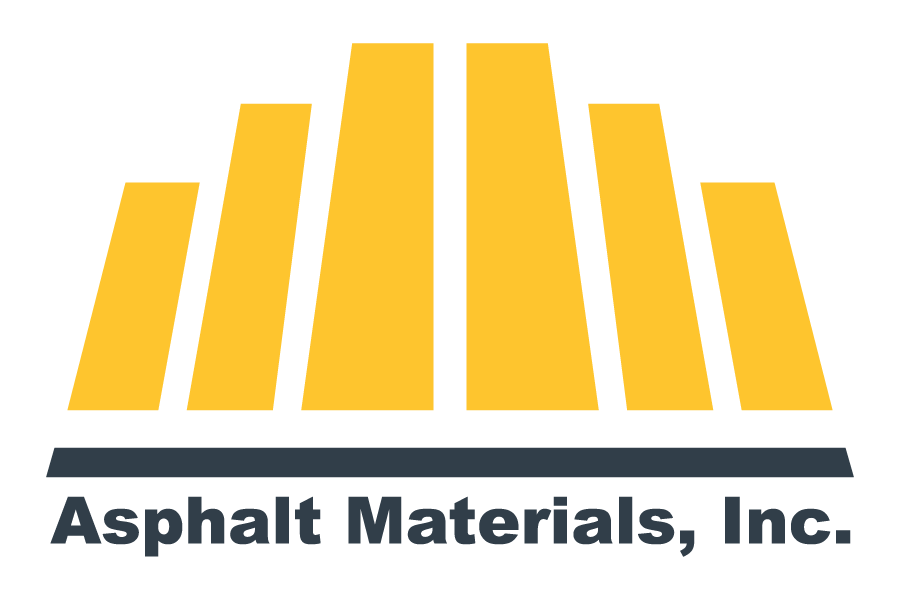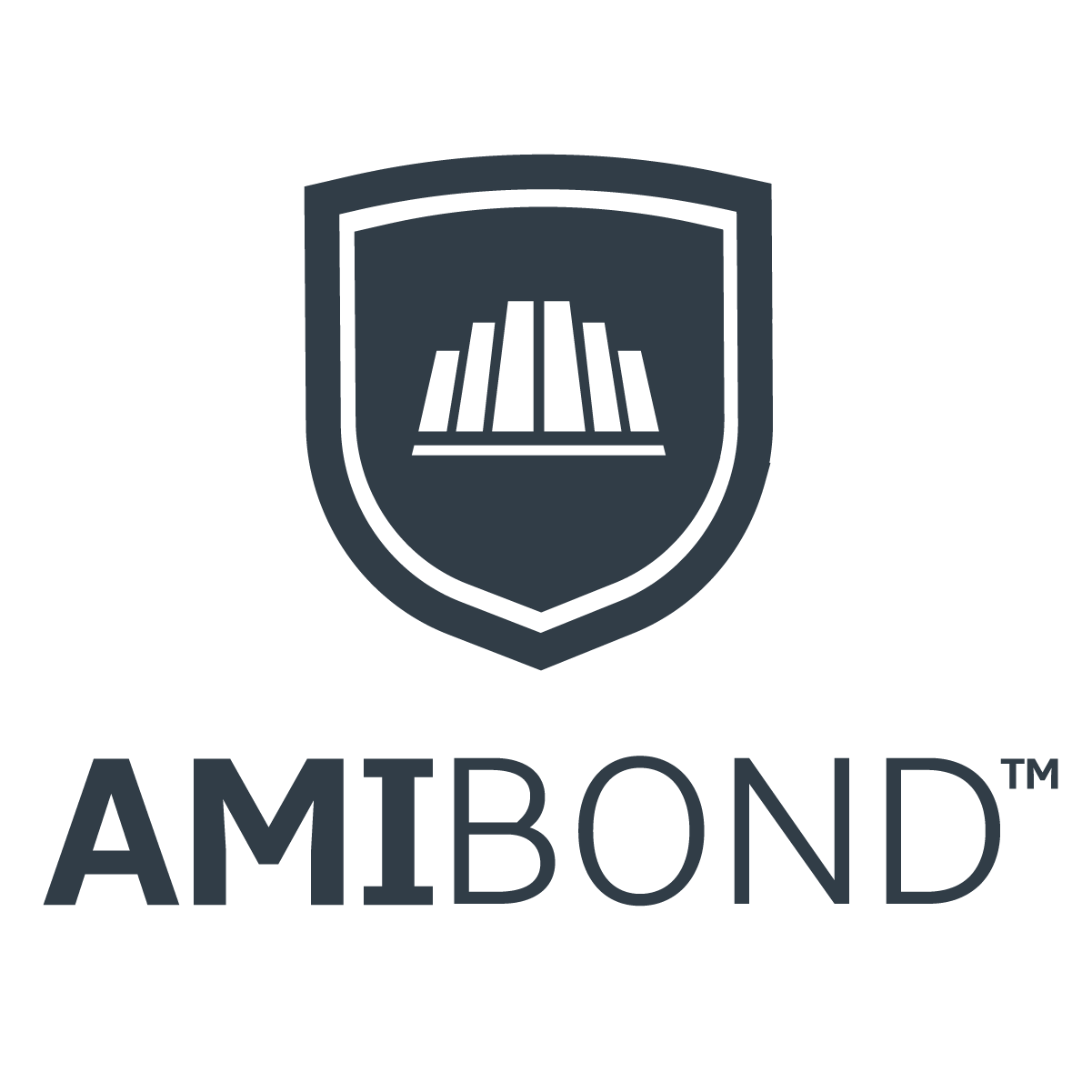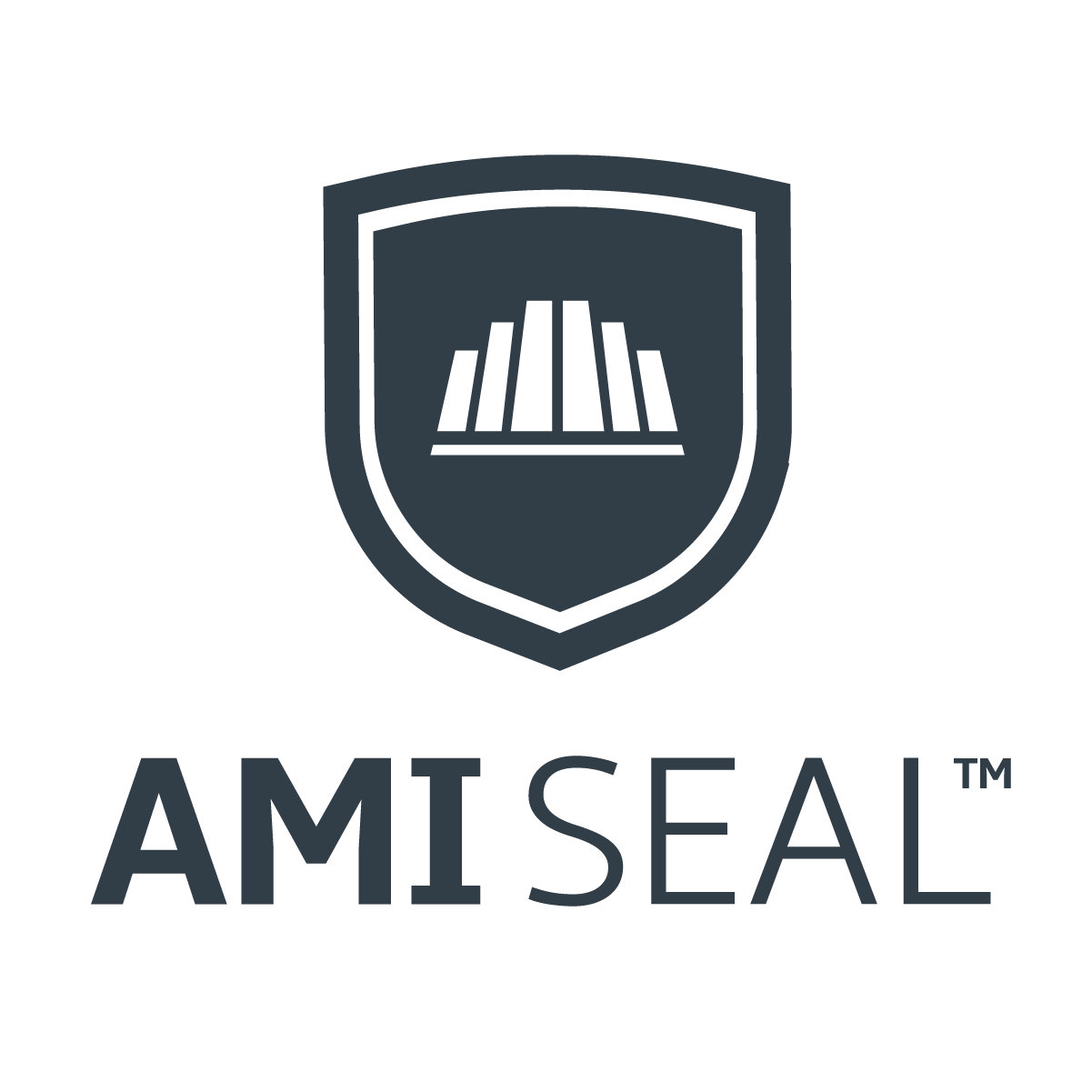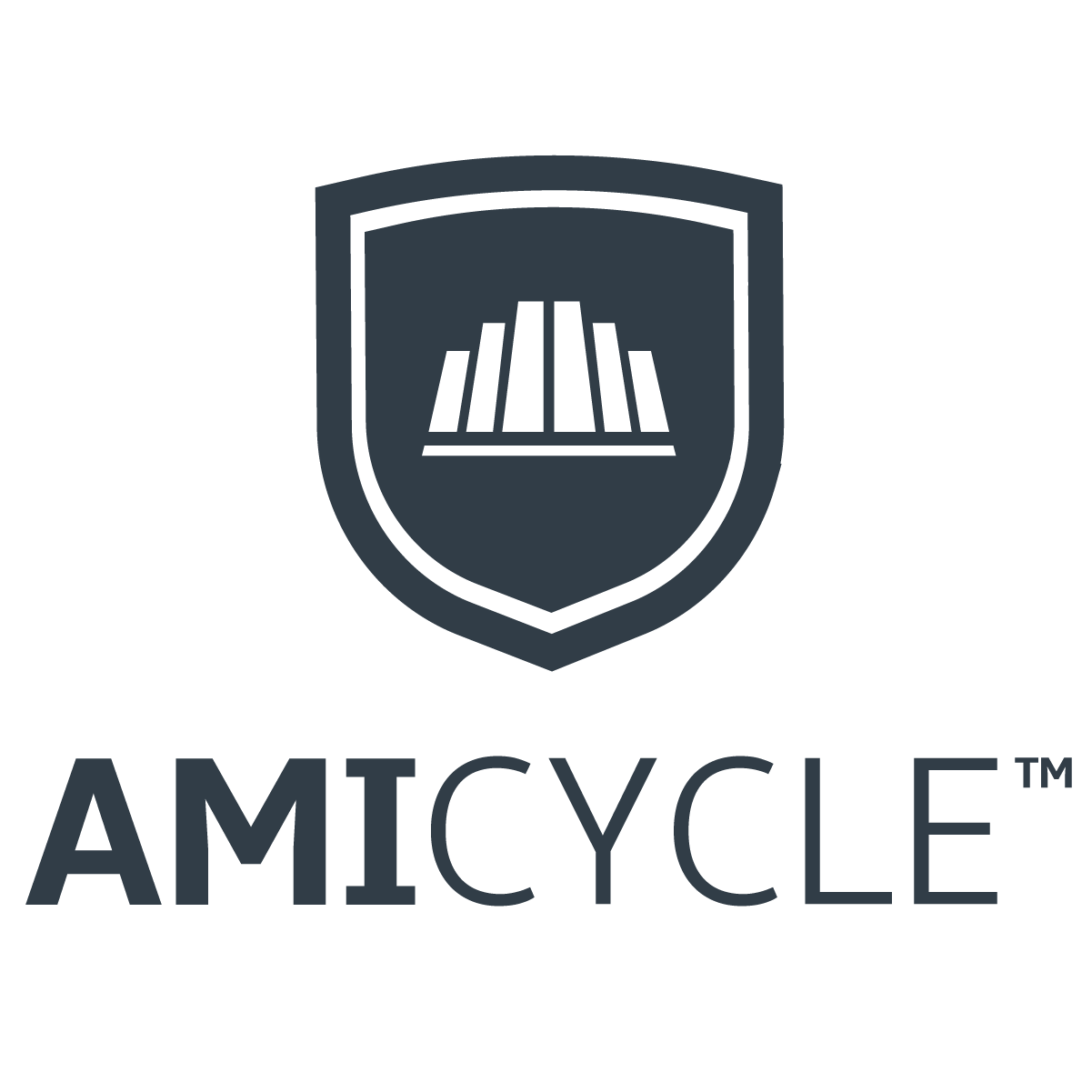Heritage Construction + Materials
Heritage Research Group
Our Elizabethtown, Kentucky plant location has a dedicated team of experts are ready and available to help meet your construction and materials needs.
We specialize in asphalt emulsions, polymer-modified binders, cold mix, asphalt emulsion seal coat base, crack sealants, and more. With our talented laboratory technicians and hard-working plant staff, creating the highest quality asphalt emulsion products is our number one priority. Our customers know they can rely on us for their superior road solutions.
Kentucky Locations & Contacts
Elizabethtown, KY
Asphalt Materials, Inc. | Elizabethtown, KY
300 E. Dixie Ave. Elizabethtown, KY 42701
Office:
270-737-4144
Plant Manager:
David Kelley
Email:
David.Kelley@asphalt-materials.com
Sales:
Tim Crutcher
Phone:
tel:270-268-2534
Email:
Tim.Crutcher@asphalt-materials.com
Dispatch:
270-737-4144
Products By Application
View our featured products by application below. Then get in touch with us. We are more than happy to answer any questions you might have.
Asphalt Emulsions
Prime Coat
A prime coat emulsion is used as a binder for unbound base materials and provides a secure bond between base aggregate and the subsequent asphalt pavement layer. It helps strengthen the base level, can serve as a dust palliative, and help prevent moisture from penetrating the base soil during construction. This emulsion is typically applied before a chip seal or hot mix asphalt application.
Products:
• SS-1 • SS-1H
• AEP • PEP
Tack Coat (Emulsion)
A tack coat is a light application of an asphalt emulsion designed to ensure a strong bond between asphalt pavement layers to prevent slippage or de-lamination of the hot mix overlay from the underlying layer caused by traffic and environmental factors. Tack coat is sprayed on a road surface before a layer of hot mix asphalt is placed.
Products:
• AE-T • CSS-1
• CSS-1H • SS-1
• SS-1H • SS-1HP
• AE-NT • NTEA
Non-Tracking Tack Coats
Non-tracking tack coats are a clean application of an asphalt emulsion designed to ensure a strong bond between asphalt pavement layers to prevent slippage or de-lamination of the hot mix overlay from the underlying layer caused by traffic and environmental factors. It is sprayed on a road surface before a layer of hot mix asphalt is placed and sets quickly for easy return to traffic.
Products:
• SS-1H QS
• AE-NT
• NTEA
Tack Coat (Hot Applied)
A tack coat is used to ensure a strong bond between asphalt pavement layers that prevents slippage or de-lamination from the underlying layer due to traffic and environmental factors. Hot-applied tack coat materials may be neat or polymer-modified asphalts. At higher application rates, hot applied tack coat materials may impart increased cracking resistance and rut resistance to the hot mix overlay.
Products:
• T-Bond
Void Reducing Asphalt Membrane (VRAM)
VRAM
Centerline joints are particularly susceptible to air and water damage. For new pavements that will have rumble strips, it is critical to treat them proactively to avoid negative consequences in the future.
Applying J-Band®, an industry leading VRAM, at the time of construction, under the surface where centerline rumble strips will be installed, will reduce permeability in this most critical area. This will extend the life of the joint and improve the performance of the entire pavement.
Hot Mix Applications
Modified
We have extensive experience in the production of polymer modified asphalts used for a variety of applications. Our process of manufacturing utilizes the most advanced technologies available to create polymer modified asphalts that meet customer and DOT requirements ensuring complete satisfaction. We offer a variety of highly modified polymer modified asphalts.
Products:
• PG 52-34 • PG 64 -28
• PG 58-28S • PG 64-34
• PG 58-28 • PG 70-22
• PG 58-28H • PG 70-28
• PG 58-28E • PG 76-22
• PG 58-34S • PG 76-28
• PG 58-34H • PG 76-34
• PG 58-34V • PG 82-22
• PG 58-34E
• PG 64-22
Unmodified
Hot Mix Asphalt utilizes a laboratory design based on traffic and environmental conditions to produce a mixture of a combination of aggregates and a hot asphalt binder. Performance grade asphalt binders are neat asphalt or may be polymer modified to meet the specific needs of the pavement.
Products (neat):
• PG 52-34 • PG 58-28S
• PG 64-22 • PG 58-28
Pavement Preservation
Fog Seal
A fog seal is a single application, typically light, of emulsified asphalt to an existing asphalt road surface. This type of maintenance treatment can be a valuable aid to renew weathered (oxidized) asphalt surfaces and improve the surface appearance, seal minor cracks and surface voids, and inhibit raveling. Fog seals may also be used on chip seal applications to help lock the coarse aggregate and provides a dark color, which improves safety by making the striping more visible.
Products:
• AE-F • AE-T
• CSS-1 • CSS-1H
• SS-1 • SS-1H
• SS-1HP
Chip Seal
An application of asphalt emulsion or chemically modified asphalt, followed by a a layer of aggregate which is rolled and embedded into the emulsified asphalt. The process may be repeated to create a double or triple chip seal. Chip seals are used to prevent water intrusion into an pavement and create a high friction surface for safety. Chip seal emulsions can be polymer modified to improve aggregate retention and provide for a quicker return to traffic.
Products (neat emulsion):
• AE-150 • AE-200
• AE-300 • AE-90
• CRS-2 • HFE-150
Products (polymer modified emulsion):
• AE-90S • CRS-2P
• CRS-P • HF-P
Products (Chemically Modified Asphalt):
• CM-90
Micro-Surfacing
Micro surfacing is a surface treatment used as a preventative maintenance and corrective pavement treatment. It is used to increase surface friction, restrict moisture intrusion, protect the structure from further oxidation and raveling, and restore a uniform dark appearance. Micro surfacing is a mixture of fine aggregates, additives, asphalt emulsion and polymers. Due to the formulation, micro surfacing may be placed in greater thickness than slurry seal. It is the most economical choice when leveling or rut filling is required. Micro surfacing allows quick construction times and minimal disruption to the traveling public.
Products:
• CQS-1hLM
Slurry Seal
Slurry seal is a thin surface treatment designed to extend the life of asphalt pavements in good structural condition by providing skid resistance, restricting moisture intrusion, protecting the structure from further oxidation and raveling, and restoring a uniform dark appearance. Slurry seal is a mixture of asphalt emulsion, fine aggregates and additives mixed and placed in one operation by a slurry machine. Slurry seal allows quick construction times and minimal disruption to the traveling public. The thin application is ideal for lower traffic areas such as residential neighborhoods.
Products:
• CSS-1H • SS-1H
Cape Seal
A Cape Seal is a two-step pavement preservation process that combines two surface treatments; a chip seal and a slurry seal or micro surfacing. A single flexible chip seal layer is placed first, allowed to cure, then it is covered with a durable and wear-resistant micro surfacing or slurry seal layer. This allows skid resistance, seals the pavement against moisture, protects the pavement from oxidation and raveling, restores a dark appearance, and seals moderate cracks.
Products (chip seal):
• CRS-2 • CRS-2P
• CRS-P • HFE-150
• HFE-90 • HF-P
• HFRS-2
Products (slurry seal):
• SS-1H • CSS-1H
Products (micro-surfacing):
• CQS-1hLM
Scrub Seal
A scrub seal is a form of surface treatment for aged pavements with low to moderate severity cracking. For a scrub seal, as the emulsion is sprayed, the asphalt distributor pulls a broom sled that guides or “scrubs” the emulsion into cracks. A fine aggregate is applied and rolled into the emulsion. The process is similar to a chip seal, with the addition of the broom sled.
Products:
• CMS-1PC
Sandwich Seal
Sandwich seal is another form of chip seal. In this process, the first aggregate is placed on the road surface at one stone thickness. An application of asphalt emulsion is then sprayed on top of the aggregate. A second smaller aggregate is then placed on the emulsion surface. The most common use for a sandwich seal is on an asphalt-rich surface to regain surface texture. The emulsion may be neat or polymer modified.
Products (neat):
• AE-150 • AE-200
• AE-300 • AE-90
• CRS-2 • HFE-150
Products (polymer modified):
• AE-90S • CRS-2P
• CRS-P • HF-P
Crack Seal
Cracking in most pavements is common and if left untreated, can lead to problems like potholes and sub–base failure. Asphalt emulsions may be used for crack sealing. The emulsions may also be polymer modified. Crack sealing is a cost-effective method to treat all types of cracks greater than 1/8”.
Products (neat):
• AE-150 • AE-90
• CRS-2
Products (polymer modified):
• AE-90S • CRS-2P
• CRS-P • HF-P
Recycling Applications
Cold In Place Recycling (CIR)
Cold-in-Place Recycling (CIR) is a cost effective and sustainable method of constructing a recycled asphalt-bound layer that reduces trucking and construction time and saves natural resources. The process removes cracks and other pavement distresses. CIR is a rehabilitation technique where pavement is milled, crushed, and mixed in place with a stabilizing emulsion or foamed asphalt and then placed with conventional paving equipment. Roads should be evaluated beforehand for suitability for the CIR process.
Products:
• CIR
• CCIR
Full Depth Reclamation (FDR)
Full Depth Reclamation is a cost effective and sustainable rehabilitation technique that combines the entire bituminous pavement thickness and a predetermined portion of the underlying aggregate material into a flexible, homogenous stabilized base layer utilizing an asphalt emulsion to provide mixture cohesion and water resistance. FDR is a solution for rehabilitating roads that have poor structure. The FDR is typically followed with an overlay of hot mix asphalt.
Products:
• FDR
• CFDR
Cold Constructed Asphalt Pavement (CCAP)
For Cold Constructed Asphalt Pavement (CCAP), cold mix asphalt is created by a combination of aggregate mixed at ambient temperature with a chemically modified asphalt. The cold mix may be stockpiled for weeks to a few months and then placed using a paver for road repair such as patching potholes or adding a new layer to low-volume roads. A chip seal is typically placed over the cold mix.
Products:
• CM-150 Multigrade Asphalt • CM-300 Multigrade Asphalt

Rapid Penetrating Emulsions (RPE)
Rapid Penetrating Emulsions (RPE)
AMIGUARD™ is a rapid penetrating emulsion (RPE) that is specially formulated to penetrate quickly and thoroughly. Its reduced surface tension allows it to seep into the pavement voids quickly, so drivers can get back on the road sooner. AMIGUARD and J-Band together can provide many more years of protection for your pavements.
Latest News
We provide the finest asphalt materials within our customer’s budgets, specifications and time frame without sacrificing quality. We keep you up to date on the latest practices and materials so you don’t miss a beat when it comes to your roads.
Our People
Guaranteed solutions to your
road repair and maintenance needs






